
Elevate Your Expertise in Data Science
Get in Touch

How to Apply

Industry Leading Faculty

Data in Action - Capstone Projects
Start Your Application
Related News, Insights, and Past Events
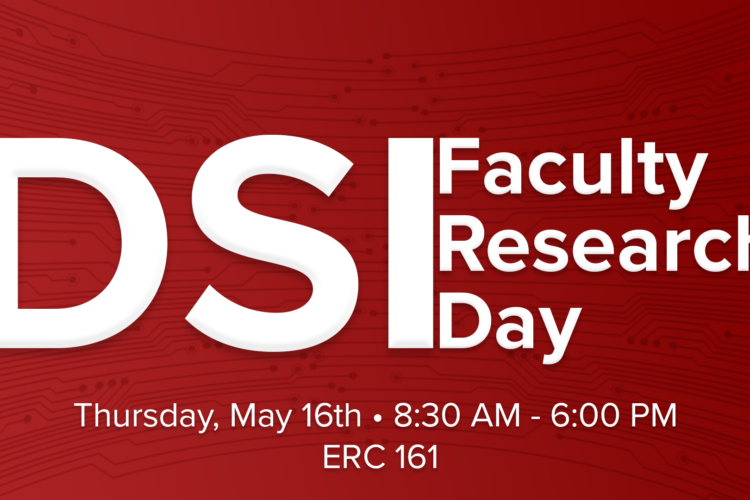
May
16
Upcoming EventMay 16, 2024
DSI Research Day

May
2
Upcoming EventMay 02, 2024
Data Science Clinic Student Symposium

BlogApr 25, 2024
Towards New Physics at Future Colliders: Machine Learning Optimized Detector and Accelerator Design

May
22
Upcoming EventMay 22, 2024
Chicago Data Night – Dexter Horthy (Metalytics)
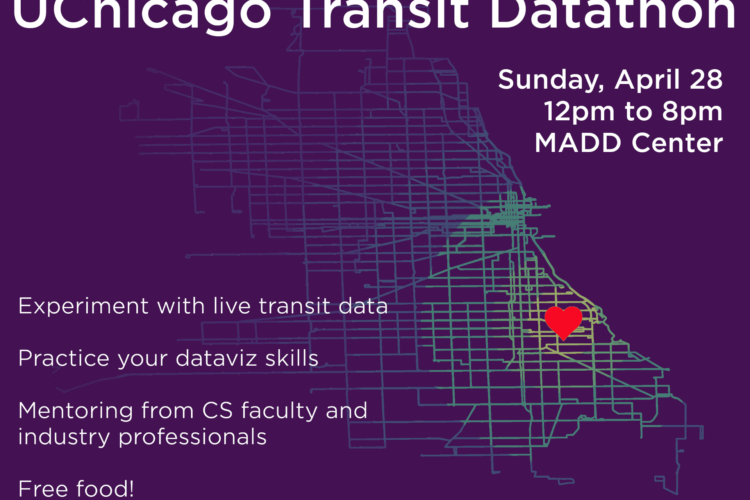
Apr
28
Upcoming EventApr 28, 2024
First Annual UChicago Transit Datathon
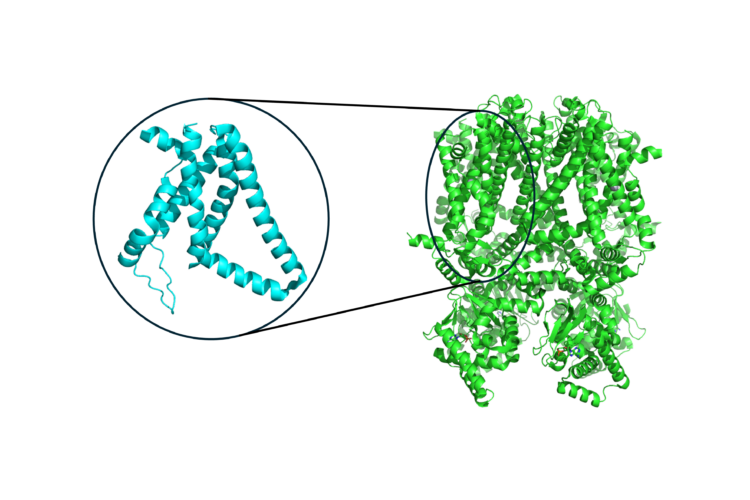
BlogApr 18, 2024
Uncovering Patterns in Structure for Voltage Sensing Membrane Proteins with Machine Learning
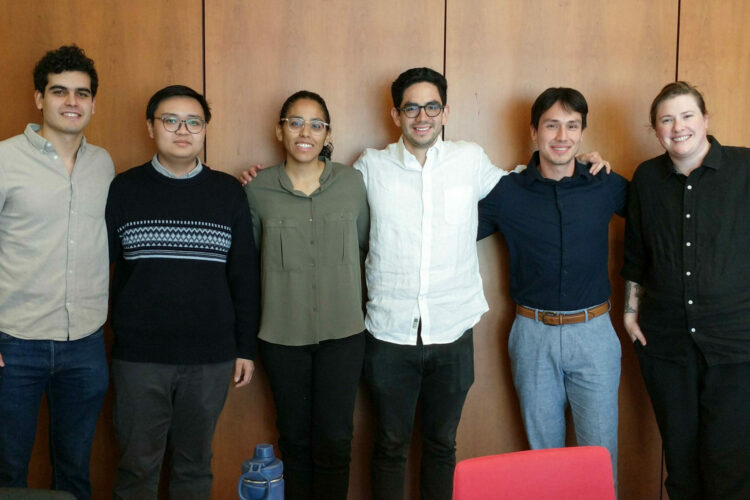
DSI NewsApr 18, 2024
Community Data Fellow Stephania Tello Zamudio helps broaden internet access for Illinois residents

Jun
5
Upcoming EventJun 05, 2024
Risk Assessment, Safety Alignment, and Guardrails for Generative Models
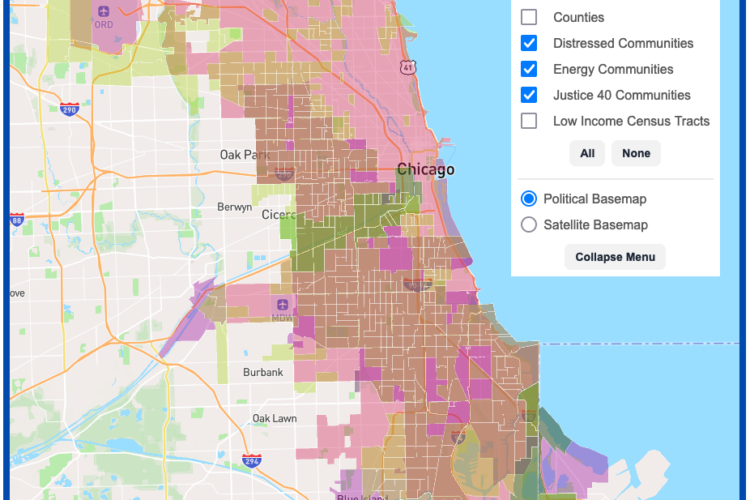
DSI NewsApr 15, 2024
DSI Software Engineers create interactive map tool to maximize climate investment tax benefits
May
21
Upcoming EventMay 21, 2024


